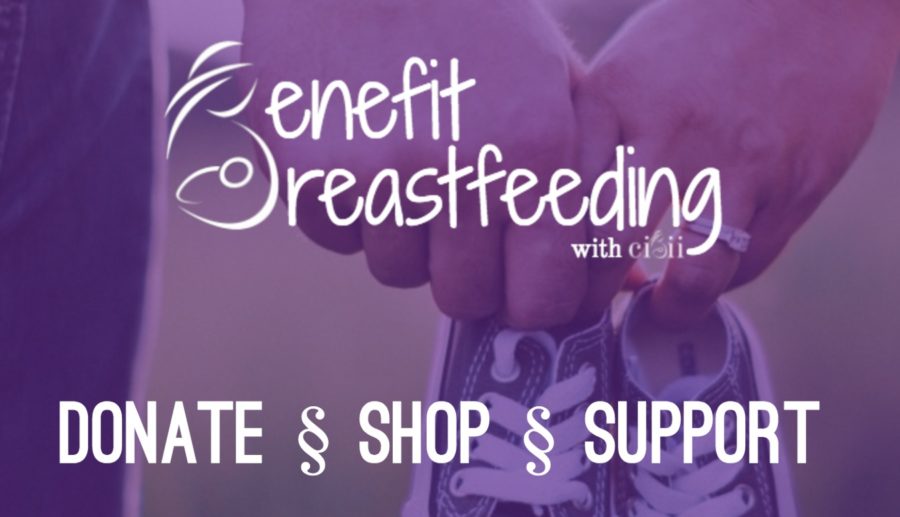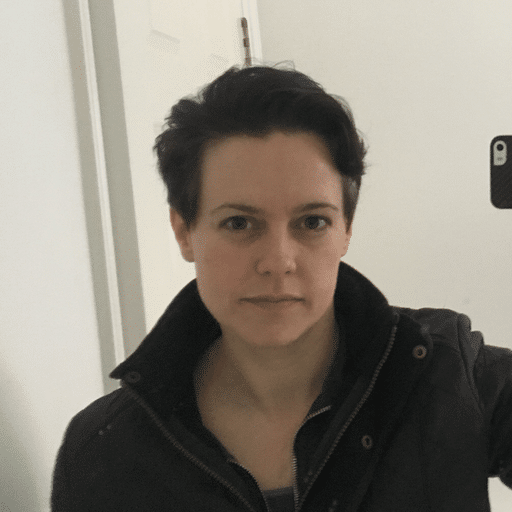By day, I’m an Associate working with Equal Experts as a Business Analyst. As such I specialise in helping companies deliver huge value very quickly through the iterative delivery of digital services.
Outside of work, I’ve also recently set up a charity – Benefit Breastfeeding – which has all come together very quickly. It’s been eye-opening to learn just how effective the approaches I take in my daily work with EE have proved in this totally new adventure.
The idea for Benefit Breastfeeding came to me one day in December 2016, the morning after a Christmas night out with friends. Fuelled by my Christmas hangover, a passion for the breastfeeding cause and the help of a few trusted friends, I decided to go for it.
I approached this initiative the way I approach all digital delivery projects.
By 20th January 2017 I’d learnt how to define and set up a new charity, recruited a team of trustees, and launched our first shop. Another week on from that and we had money coming through the door, and the press wanting to understand what we’re doing!
So how did I go about it? Well firstly, I invested time upfront in clearly defining Benefit Breastfeeding’s vision and mission. The charity registration process helps enormously with that by forcing applicants to consider why they want to do what they’re proposing. I came up with this:
“Benefit Breastfeeding’s vision is a world where every family that want to breastfeed, or who want their baby to have human breastmilk, is offered the support they need to give them the best chance of meeting their goals.”
With a clear sense of what I wanted to achieve, I asked myself, “what is the simplest step I can take to prove that this idea will add value?”
I defined my minimum viable product as a virtual shop in my home city of Winchester, offering a few of my surplus children’s bits and pieces for sale. I reasoned that if our pilot shop goes well then we’ll raise a bit of money, if it goes wrong then we haven’t lost anything or wasted very much time. In other words, by launching in a very small way and involving only a handful of people, we get to spot and fix issues quickly and simply.
I then narrowed my focus to what was needed in order to market just that. Turns out that’s not very much: a Facebook selling group, a PayPal account, an email address, and a few basic rules. Simple.
‘Test and learn’ works – whatever you’re doing
As in the projects I’d encounter working with EE, the beauty of this approach is that we can deliver small amounts of value very quickly with a low-risk, low-cost experiment. It also allows us to learn very quickly. When something goes wrong we can celebrate our learning, pivot, and try another low-risk, low-cost experiment that has the added benefit of recent experience. And we can adjust our direction as we go (keeping the original vision in mind).
We’re going to get things wrong on this journey, and that’s okay; that’s how we learn; that’s how we achieve excellence not perfection. Get in touch if you want to help us learn.
It’s been a wonderful experience so far, and a reminder of the power of this kind of approach – whatever the project!
Continuously delivering iterations of more value and more learning, through frequent low-risk experiments that each take a baby step closer towards your clearly defined vision.
Benefit Breastfeeding is now up and running, and you can learn more about Sarah’s project on the charity’s website. To learn more about the way Equal Experts works, bookmark this blog and read more about what we do.

